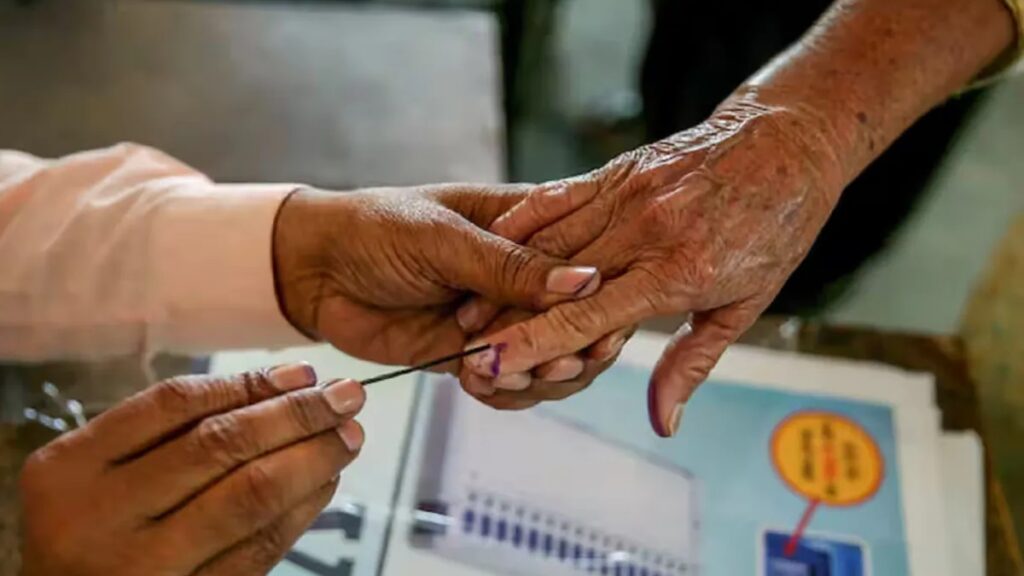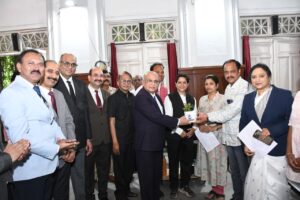SEC Initiates Delimitation Process For Maharashtra Local Body Polls After Supreme Court Order

Local Body Elections: Supreme Court Approves New Ward Structure and 27% OBC Quota in Maharashtra
Mumbai: The State Election Commission (SEC) on Wednesday directed the state’s urban and rural development departments to begin the delimitation process for local body elections in Maharashtra, in line with a Supreme Court directive issued earlier this week.
A senior SEC official confirmed to Times Of India that the process had commenced following the apex court’s updated order late Tuesday evening. The delimitation exercise will cover municipal corporations, nagar parishads, nagar panchayats, zilla parishads, and panchayat samitis. The entire procedure is expected to take approximately 40 days.
“The local bodies must issue notifications for ward formations without delay,” said the official, adding that the SEC will also be seeking legal counsel regarding the OBC quota issue during this period.
The Supreme Court has upheld the July 2022 status quo on OBC reservations, but differing interpretations remain on whether to implement a flat 27% quota, follow the 2021 ordinance with a 50% cap, or apply the ‘triple test’ as mandated by a December 2021 ruling.
Following the completion of delimitation, the SEC will prepare the reservation roster and ward-wise voter lists. It will then assess the feasibility of holding elections within the four-month deadline set by the Supreme Court, considering logistics like voting machines, staff availability, and weather conditions.
The bench, comprising Justice Surya Kant and Justice N Kotiswar Singh, reaffirmed the constitutional obligation to hold regular elections, maintaining OBC reservation levels as they stood before the Banthia Commission report, which recommended a 27% OBC quota.
Local body elections in Maharashtra have been stalled since 2022 due to legal challenges, particularly concerning the OBC reservation issue. The Supreme Court has instructed the SEC to notify elections within four weeks and complete them within four months unless an extension is sought through the court.











